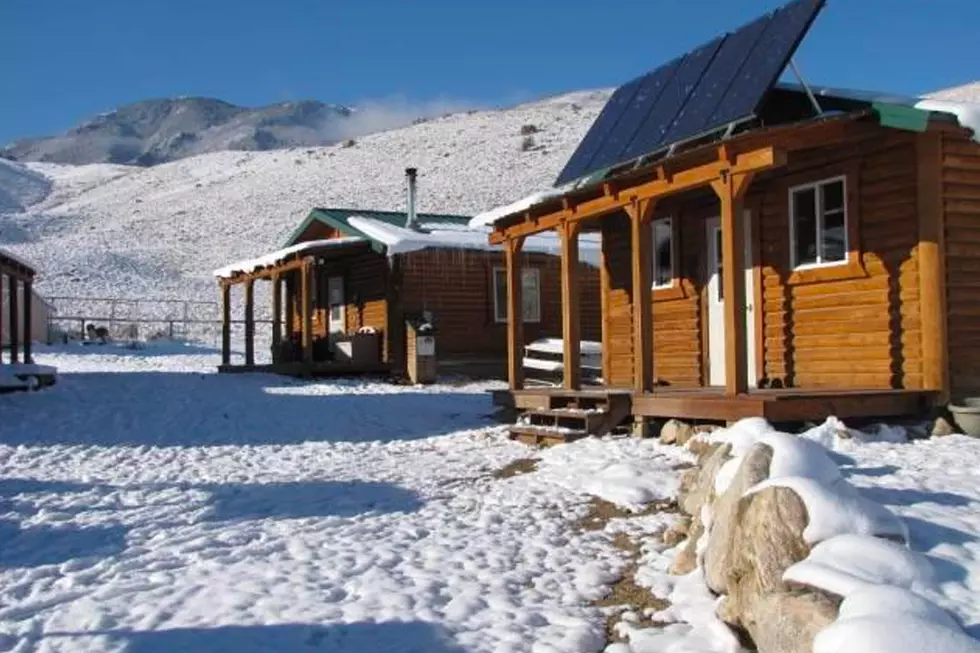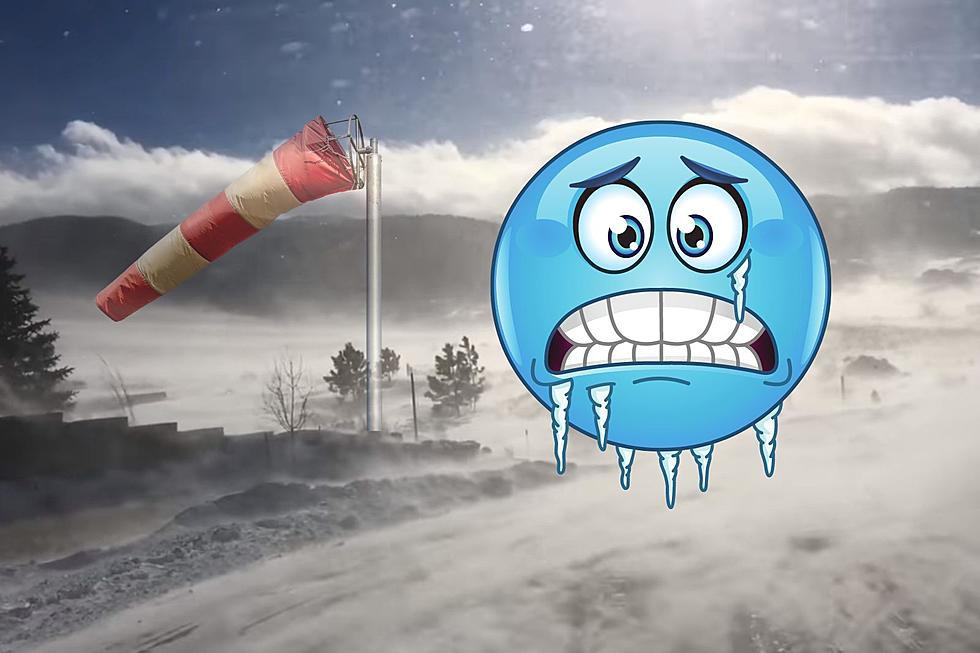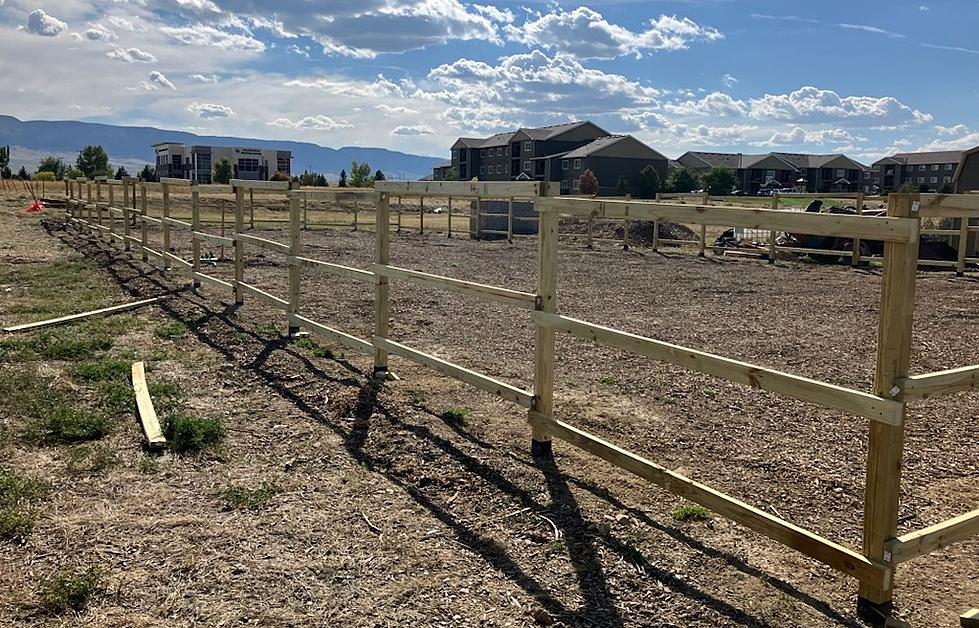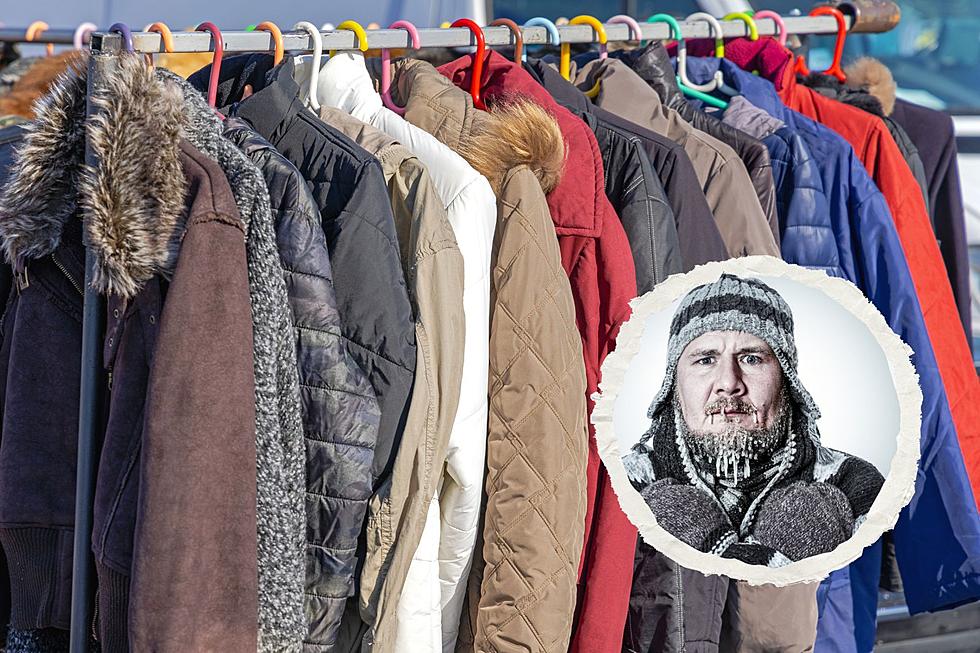
Former Youth Centers’ Residents Allege Abuse, Forced Labor, Human Trafficking
Participation in "group therapy" without a licensed therapist "with the sole purpose of staff and other exploited girls degrading and humiliating the participant.'
Two related youth "residential treatment centers" in northwestern Wyoming promise to instill responsibility, values and motivation in troubled teenagers through a variety of therapies, education and working in a wilderness setting with a Christian-based philosophy.
"There is a healing process that takes place for troubled girls when you combine wilderness therapy, animal therapy, emotional growth and experiential therapy in the beauty of nature," according to the Parent Handbook of Trinity Teen Solutions, Inc, west of Powell.
Likewise, the 50,000-acre Triangle Cross Ranch, LLC, 15 miles to the east of Trinity Teen Solutions offers help for troubled boys ages 10-17 on a working cattle ranch.
"Through the love of Christ, we aim to educate the mind, strengthen the body and elevate the spirit of each at-risk young man at Triangle Cross Ranch. Healing transformation begins when struggling young me recognize that life is sacred and discover their God-given talents in His wonderful Creation," according to directors Mickey and Jerry Schneider.
But three young women who attended Trinity Teen Solutions and one young man who attended the Triangle Cross Ranch and their attorneys tell much different stories in a 57-page class action lawsuit they filed in Wyoming U.S. District Court on Wednesday.
"Human trafficking remains a shockingly prevalent practice throughout the world," wrote Michael Rosenthal and Nathan Nicholas of the Cheyenne law firm Hathaway & Kunz, and two other attorneys from Memphis, Tenn.
"The 'troubled teen industry' is a predatory industry that operates across the United States, especially in rural areas where the oversight of mental health facilities and residential facilities for minors is difficult or impracticable," Rosenthal and Nicholas wrote.
"These companies promise the parents of teens with mental and emotional disturbances, problems with delinquency, and addiction issues respite from the challenges of treatment and parenting their children with too-good-to-be-true promises of cutting-edge therapies and education in a residential setting," they wrote.
These treatment centers often operate in legal gray areas, some are well-intentioned and well-run, some cause harm to their residents, and some don't deliver on their promises, they wrote.
It's also a $1 billion industry that houses between 10,000 and 14,000 children a year, too, Rosenthal and Nicholas wrote. "These companies charge desperate parents shockingly high prices while simultaneously providing little to no actual treatment and substandard education."
Such is the case with Trinity Teen Solutions and the Triangle Cross Ranch, which attract youth whose parents pay $6,000 or more a month for therapy, treatment and education, the attorneys wrote.
Instead, the programs used the teens for forced labor for months if not longer, they wrote.
"They were made to labor from early morning until late at night, without pay, under the constant threat of physical and emotional punishment and further confinement."
The women plaintiffs, who will be identified by their initials, are C.S. of Lee County, Ill.; A.G. of Greenville County, S.C.; and A.N. of Scott County, Minn. The man self-identifies as John Doe of Escambia County, Fla. Their stories are told in more detail here.
Powell attorney Joey Darrah, who has represented Trinity Teen Solutions, said that he is reviewing the lawsuit. He has not been formally served with it, he said. "In scanning it, it doesn't look like it has a lot of merit, there's a lot of unconnected parties here."
Trinity Teen Solutions is not affiliated with Triangle Cross Ranch, Darrah said.
The plaintiffs are seeking millions of dollars for treatment of post-traumatic stress disorder plus compensation for forced labor and other economic and non-economic damages.
The abuses they allegedly endured included:
- Jail-style strip searches upon arrival.
- Sleep and food deprivation.
- Lack of medical care..
- Assault and battery.
- Emotional abuse.
- Lack of promised instruction.
- Participation in "group therapy" without a licensed therapist "with the sole purpose of staff and other exploited girls degrading and humiliating the participant.'
- Lack of access to latrines.
- Forced unpaid labor at nearby churches, a community center, private businesses, and the monastery that makes "Mystic Monk Coffee."
Rosenthal and Nicholas named 19 defendants, who are listed here.
They filed the lawsuit as class action, asserting there are at least 100 people who encountered the same abuses as the plaintiffs. At least 50 former residents are in a subclass of those who have been diagnosed or suffer from post-traumatic stress disorder, they wrote. They will need the court's approval for the class action designation.
The attorneys lay out five causes for action:
Federal law for forced labor. This applies to 11 of the 19 defendants including Trinity Teen Solutions, Triangle Cross Ranch, and nine people involved in their ownership and/or operations. "Defendants knowingly provided or obtained the labor services of Plaintiffs and the putative [claimed] class by means of force, threats of force, physical restraint, or threats of physical restraint ... ." The plaintiffs believed they would suffer serious harm if they didn't work.
Federal law for forced labor. This applies to all defendants. "Defendants knowingly benefitted financially and/or received things of value from participating in a venture which had engaged in the providing or obtaining of forced labor or services ... ."
Federal law for trafficking. This applies to all defendants. "Defendants knowingly recruited, harbored, transported, provided, and/or obtained by any means Plaintiffs and members of the putative class for their labor or services ... ."
Federal Racketeer Influenced and Corrupt Organizations Act (RICO). This applies to Trinity Teen Solutions, Triangle Cross Ranch, nine people involved in their ownership and/or operations, and the owner of a business and the owner of a ranch who benefitted from the forced child labor. In this context, the defendants engaged in a criminal enterprise or racket to profit from human trafficking and forced labor.
Negligence and negligent infliction of emotional distress. This applies to defendants Trinity Teen Solutions, Dally-Up LLC, the Diocese of Cheyenne, and the Society of our Lady of the Most Holy Trinity.
"Defendant TTS, acting through its employees and agents, by extreme and outrageous conduct recklessly caused Plaintiff [A.N.] and other similarly situated severe emotional distress and/or bodily harm through conduct described herein that goes beyond all possible bounds of decency, is regarded as atrocious, and is utterly intolerable in a civilized community. She, and others similarly situated, suffered as distress so severe that no reasonable person could be expected to endure it and she and others similarly have, in fact, suffered from and required treatment for Post-Traumatic Stress Disorder," according to the lawsuit.
Powell attorney Joey Darrah, who has represented Trinity Teen Solutions, said that he is reviewing the lawsuit. He has not been formally served with it, he said. "In scanning it, it doesn't look like it has a lot of merit, there's a lot of unconnected parties here."
Trinity Teen Solutions is not affiliated with Triangle Cross Ranch, Darrah said.
More From My Country 95.5









